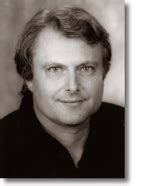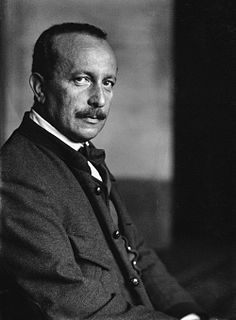A Quote by Ralph Waldo Emerson
Society always consists in the greatest part, of young and foolish persons.
Related Quotes
Upon this point all speculative politicians will agree, that the happiness of society is the end of government, as all divines and moral philosophers will agree that the happiness of the individual is the end of man. From this principle it will follow that the form of government which communicates ease, comfort, security, or, in one word, happiness, to the greatest numbers of persons, and in the greatest degree, is the best. All sober inquirers after truth, ancient and modern, pagan and Christian, have declared that the happiness of man, as well as his dignity, consists in virtue.
The Dutch must be understood as they really are, the Middle Persons in Trade, the Factors and Brokers of Europe... they buy to sell again, take in to send out again, and the greatest Part of their vast Commerce consists in being supply'd from All Parts of the World, that they may supply All th World Again.
A wound in the friendship of young persons, as in the bark of young trees, may be so grown over as to leave no scar. The case is very different in regard to old persons and old timber. The reason of this may be accountable from the decline of the social passions, and the prevalence of spleen, suspicion, and rancor towards the latter part of life.
There is, moreover, very little sense in preventing young people from giving expression to their ideas on the pretext that they have less experience than have older persons. There are many who may live a thousand years without encountering experience of any value. It could only be in a society of persons equally gifted that such an idea could have any meaning.
What self-righteous persons take to themselves, is the same work that Christ was engaged in when He was in His agony and bloody sweat, and when He died on the cross, which was the greatest thing that ever the eyes of angels beheld. Christ could accomplish other parts of this work without cost; but this part cost Him His life, as well as innumerable pains and labors. Yet this is the part which self-righteous persons go about to accomplish for themselves.
One thing that I'd just remind young people of is that when John Lewis, who's a member of Congress today, defied George Wallace and led the march from Selma to Montgomery, he was 23 years old. Martin Luther King was the old man in the bunch, and he was 35, so young people need to know that they've always been an important part of our society, have always been at the forefront of pushing for a more just America, and we can't be successful without the impatience, the vigor that young people bring to the fight for social justice.
Young persons, because of their immaturity, may not fully comprehend the consequences of their actions and should therefore benefit from less severe sanctions than adults. More importantly, it reflects the firm belief that young persons are more susceptible to change, and thus have a greater potential for rehabilitation than adults.







































